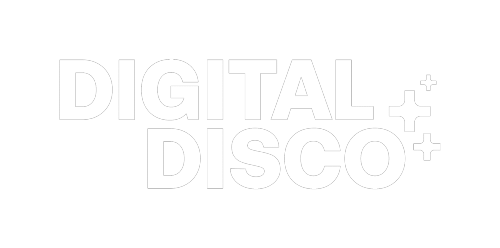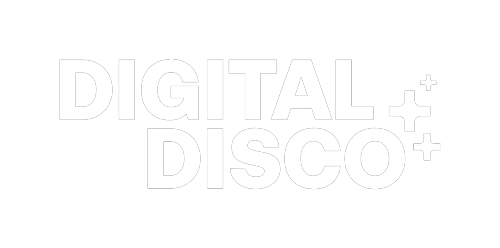Your Website, HTTPS and What You Need to Know
HTTP-what?
HTTP stands for Hypertext Transfer Protocol. Add an ‘s’ on the end for ‘Secure’ - HTTPS - and it means that the website you are visiting has been deemed as safe. So, when someone visits a HTTPS website, it means that all of their communications between their browser and the website they are connected to are encrypted and secure. It is essentially a great big padlock for your website, there to let your visitors and customers know its safe for them to be there!
But, what if your website is HTTP and not HTTPS?
Up until recently it was really only the payment pages of ecommerce websites that were HTTPS, but recently Google has made a strong move towards making the internet more secure in general by dangling a very big carrot in the face of website owners to get them to migrate from HTTP to HTTPS. And this carrot has taken the form of ranking factor.
In 2014, Google confirmed that HTTPS was a weak ranking signal for their organic search results, but hinted that they may eventually strengthen it as a signal.
Well - in 2017 they did. Google made it a much stronger ranking signal in order to encourage more businesses to change their websites to HTTPS, and your Google ranking relies on it MUCH more now.
In August 2017, Google sent email notifications via Search Console to site owners that have forms on website pages over HTTP, to warn them that these pages would be marked ‘Not Secure’ in Chrome 62, starting from October that year. This change was made to all pages where a user enters data on a HTTP page, as well as all HTTP pages visited in Incognito mode.
Over time, Google has moved to make all pages served over HTTP instead of HTTPS show a warning message for visitors that the website is not secure, with a bright red “Not Secure” label in the browser. If your website is served via HTTPS instead, your visitors would instead see a happy green “Secure” message.
So, what are the negatives of NOT migrating your website to HTTPS?
Your SEO organic rankings will take a hit - with the dial now turned up on HTTPS as a ranking signal, websites that remain on HTTP will eventually take a hit in their organic rankings
The “Not Secure” label on HTTP websites will make visitors question the safety of your website, and especially the safety of their data if they enter information on your website - this could have a negative effect on your website visits and sales
Even worse, that message could be interpreted as that your website has been hacked and that could compromise the perceived credibility of your site
But, migrating your website from HTTP to HTTPS is not a 5-minute job, and it can be quite a technical job, so why should you spend the time - and probably money - to get the job done?
Research has been done on over 1 million search results, and HTTPS has correlated with higher rankings on Google’s first page - and isn’t that where you want your business to be?
HTTPS is safer for your visitors - it means that their data is protected and it ensures visitors that they are connecting to an authentic site and not a fake one
It will help you build trust and credibility with your visitors - these days people are concerned about their data online, and by adding an SSL certificate to your website and migrating to HTTPS, you show your visitors that you care about their online safety
If you’re unsure of whether your site is HTTP or HTTPS, we suggest taking a quick look now.
Some hosting providers automatically include an SSL certificate and others allow you to buy and install one to your site. If you are building a new website, we definitely recommend starting off on the right foot and making your website HTTPS friendly from the get-go. And if your current website is only HTTP and is missing the ‘S’, then we strongly urge you to consider a site migration. We can help you through the process or manage your migration for you. But, with your Google rankings on the line, as well as the trust and credibility of your business, it isn’t really a question of if you should do it, but how soon can you get it done?
To have a chat about your website and HTTPS migration, give us a shout today - our resident web-gurus will be more than happy to help you out!
P.S. Rest assured, the website you are on now - our website - is HTTPS, safe and secure!



